How to buy the best camera for beginners
Zoom in on top kit and tips for a budding photographer.
Shop all camerasLooking for a step up from your smartphone camera? Choosing the right kit will help you on your way to capturing spectacular shots. Our expert buyers and trusted reviewers will help you navigate through the jargon to find the features to get you going.
Types of cameras
Bridge camera or digital camera? DSLR or drone? If you're wondering which is the best camera for you, we've got you covered.
DSLR cameras
The cameras that professional photographers carry – but most models also come with lots of auto-shoot settings, making them a smart choice for entry-level users who are eager to learn more.
Mirrorless cameras
These have the same exceptional image quality as a DSLR, but don't have the internal mirror system or viewfinder; a great compromise if the bulk and weight of a DSLR is an issue.
Bridge cameras
A step-up from compact cameras, but easier to use than more advanced DSLRs - they 'bridge the gap' between the two. They have a large fixed lens with impressive zoom power - great for wildlife.
Compact cameras
The easiest camera to use and pocket-sized for ultimate portability. Basic functions are pre-programmed so you just need to point and click to capture those everyday moments.
Best cameras for kids
Your little photography enthusiast needs a camera that’s easy to use and suitable for little hands, whilst still taking a super shot. We’ve cherry picked a selection of top choices to get them snapping.
Vlogging cameras
Take your viewers with you wherever you go. With cameras designed for use on the go, you can film, edit and upload a 'video-blog' to platforms like YouTube. Lifestyle, fashion, film, gaming or something more niche, there'll be an audience waiting to watch.
Drone photography
Many drones can capture photos and videos by themselves with GPS and programmable flight, while selected drones feature full 360-degree cameras for incredible panoramic views - perfect for weddings. Have a moving subject? Some drones can track and follow targets, making them ideal for videographers.
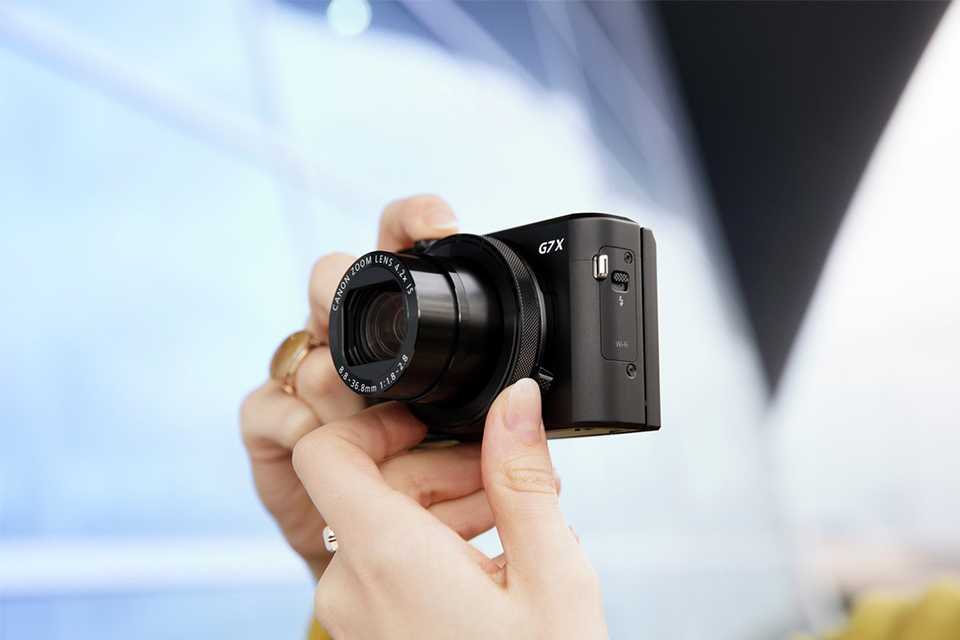
So how do you choose
Think about how you'll be using your camera. Is there a particular style of photography that interests you - will you be mainly outdoors shooting landscapes and wildlife or are you more interested in action and sport? Will you need to travel with your camera? Answering these questions will help to refine your choices.
What will you shoot with your camera?
Wildlife photography
You'll need a camera with a great zoom and fast shutter speed (at least 1/1000 for capturing running animals). As a beginner, a bridge camera is a great compromise to more expensive DSLRs and lenses - you'll still get an impressive zoom range but for a fraction of the cost.
Landscape photography
Fast shutter speed isn't so much of a priority here, but megapixels are. High resolution cameras (24MP +) will capture lots of detail and let you create quality prints of your images. If you want to capture at night, you'll benefit from a camera that can cope with a higher ISO setting (>1600).
Action and sports photography
Your subject is likely to be moving, so you need a camera that's fast enough to catch all of the action - models that have a frame rate above 5 frames per second are recommended. Are you doing the action? A durable mounted action camera will give you a unique, first-hand view of the experience.
Portrait photography
Most camera styles will let you shoot fantastic portraits of people (and pets). You may consider a higher-end DSLR or mirrorless camera with a tripod for more posed shots - but compact cameras are a great lightweight choice to carry around for those candid moments.
What's a good camera for beginners?
Not sure what you'll be shooting - no problem. Most cameras will give you enough flexibility to play around with different styles as you find your photography feet. To help you out our expert camera buyer has picked out his favourite cameras for entry-level users.
Other things to consider while choosing a camera
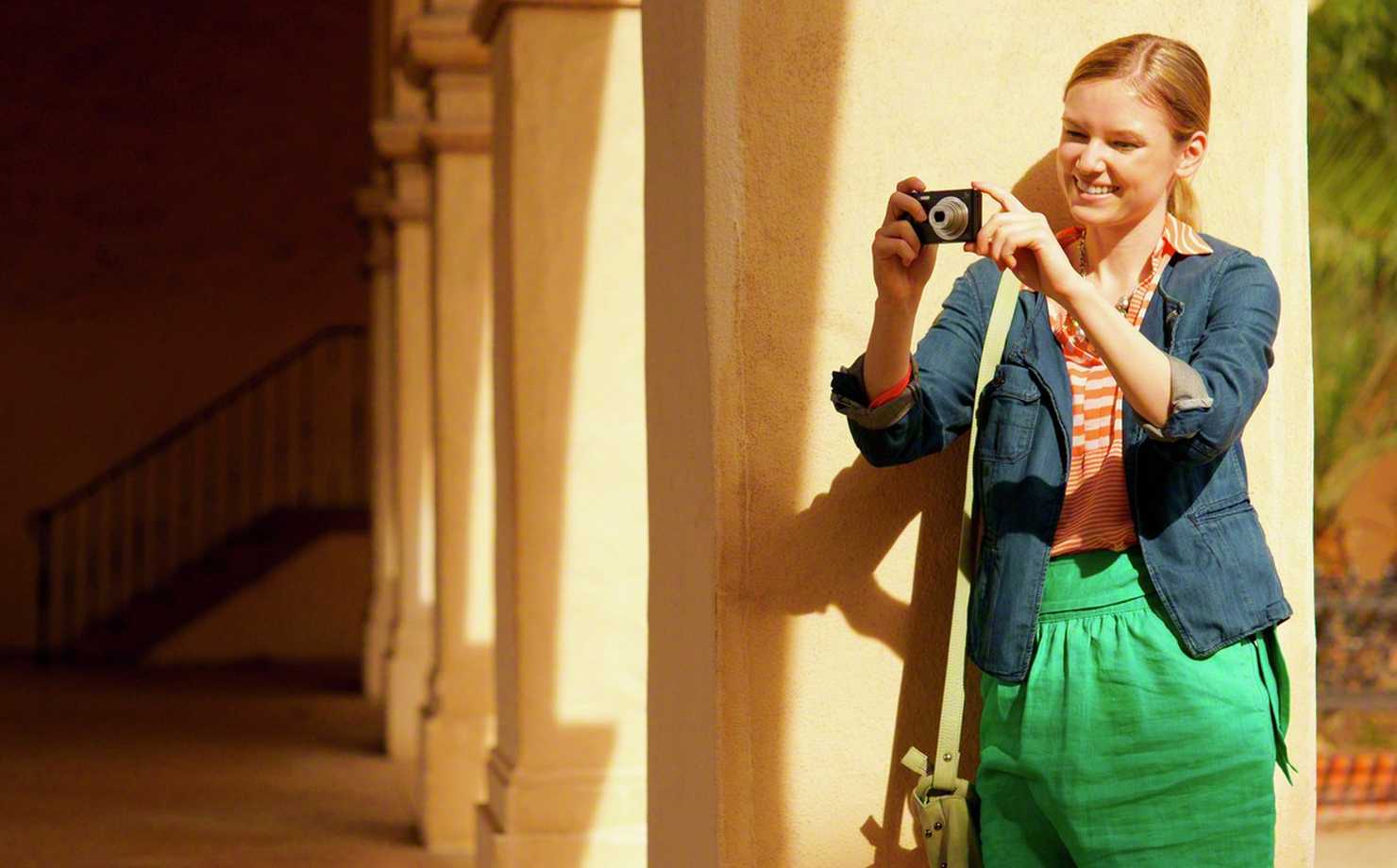
Will you be travelling with your camera?
If so, consider lightweight cameras without the bulk. Compact cameras are great for this, or if you're looking for higher capabilities we'd recommend a mirrorless camera over bulkier DSLR models.
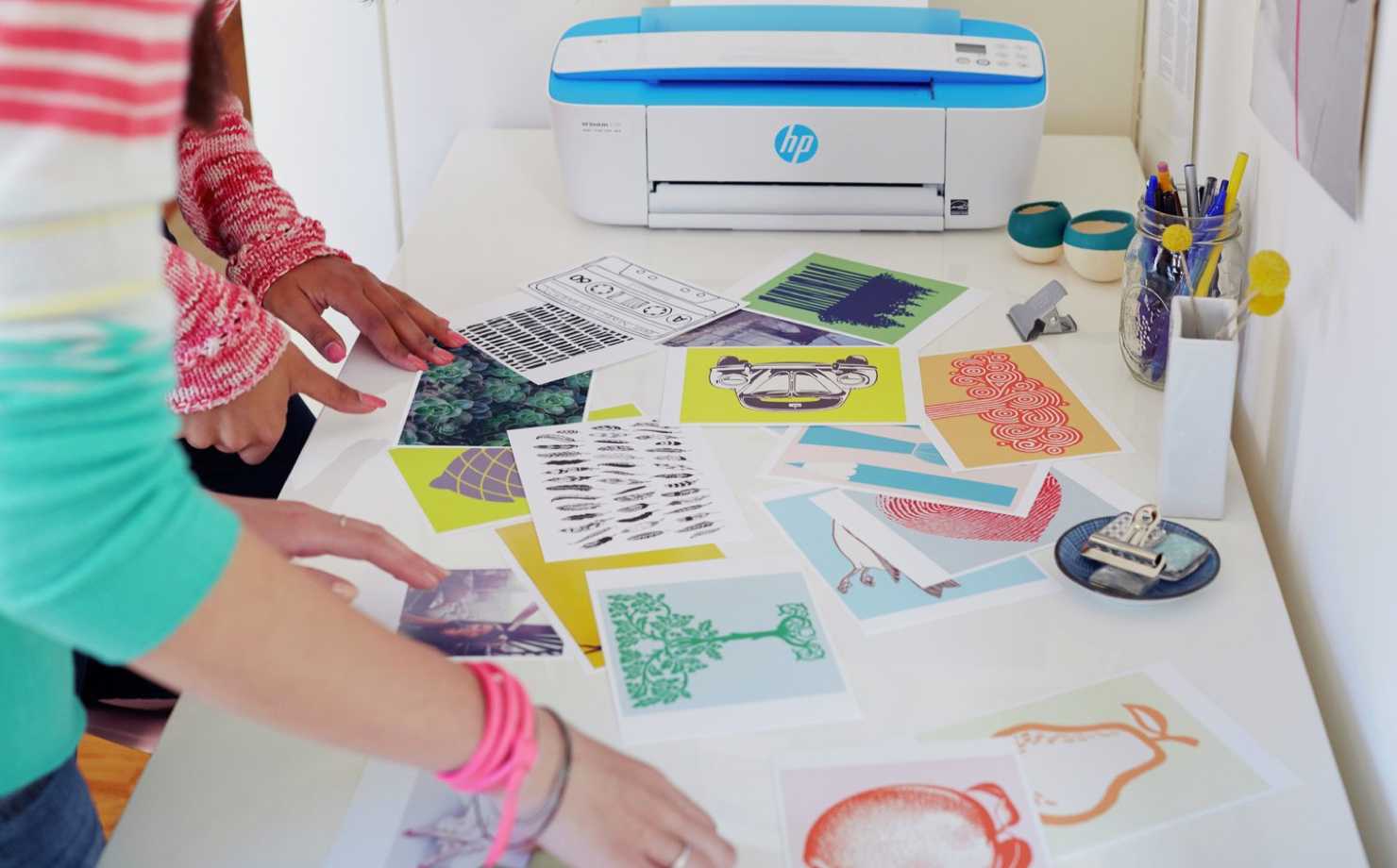
Will you want to print your images?
Especially if you plan on gifting or selling the shots, megapixels will be an important factor, as a lower spec camera will create pixelated shots when they're blown-up. Look for 24MP cameras.
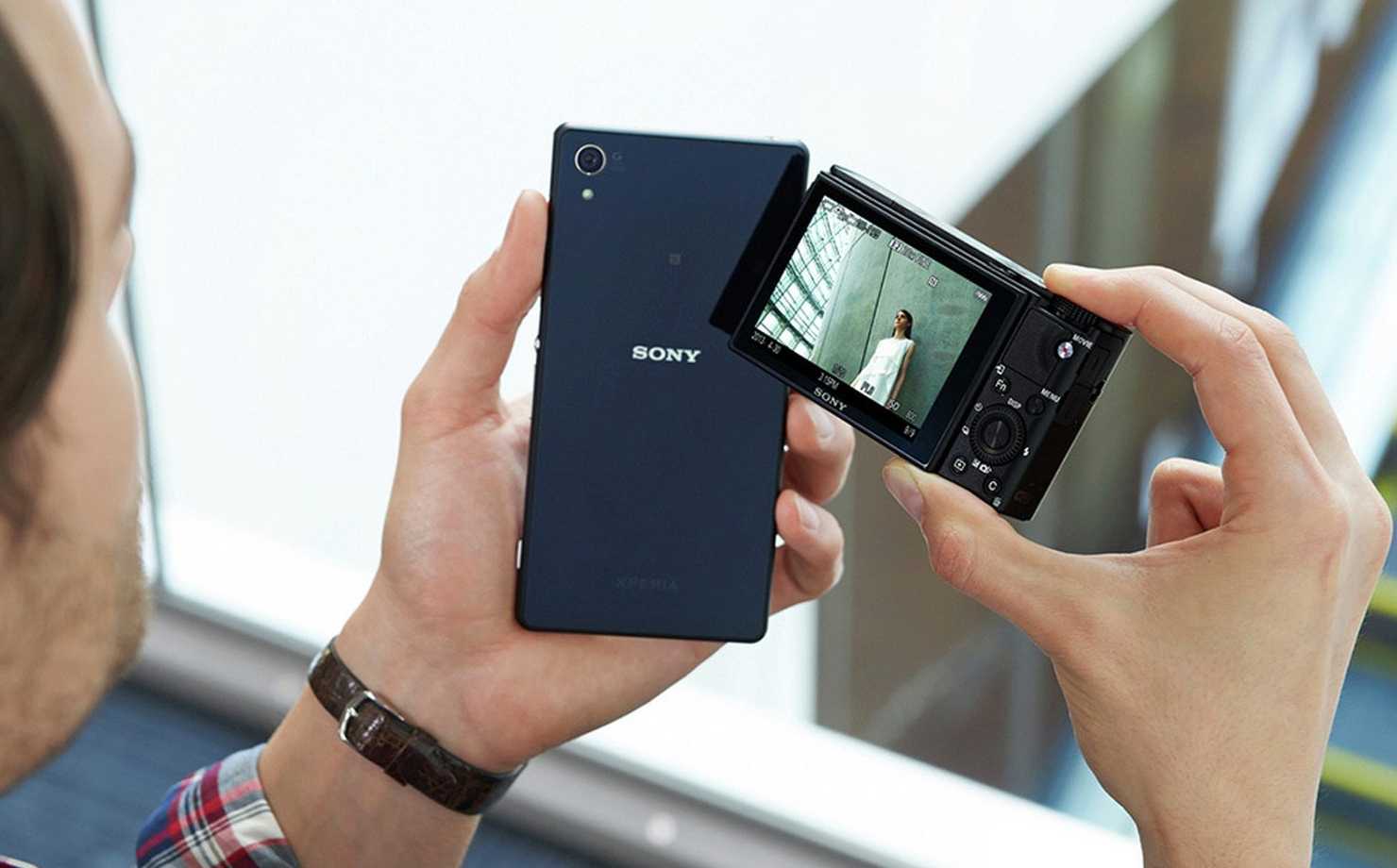
Do you want to share your shots on social media?
As you grow in confidence you'll want to show off your snaps. Many cameras are Wi-Fi-enabled, which means you can send your images straight to your smartphone, ready to upload to your social media profiles.
Camera features to focus on
There's a lot of jargon out there which can be confusing if you're just getting into photography, and actually some of these specs aren't really that important, especially for a beginner - these are the ones to take notice of.
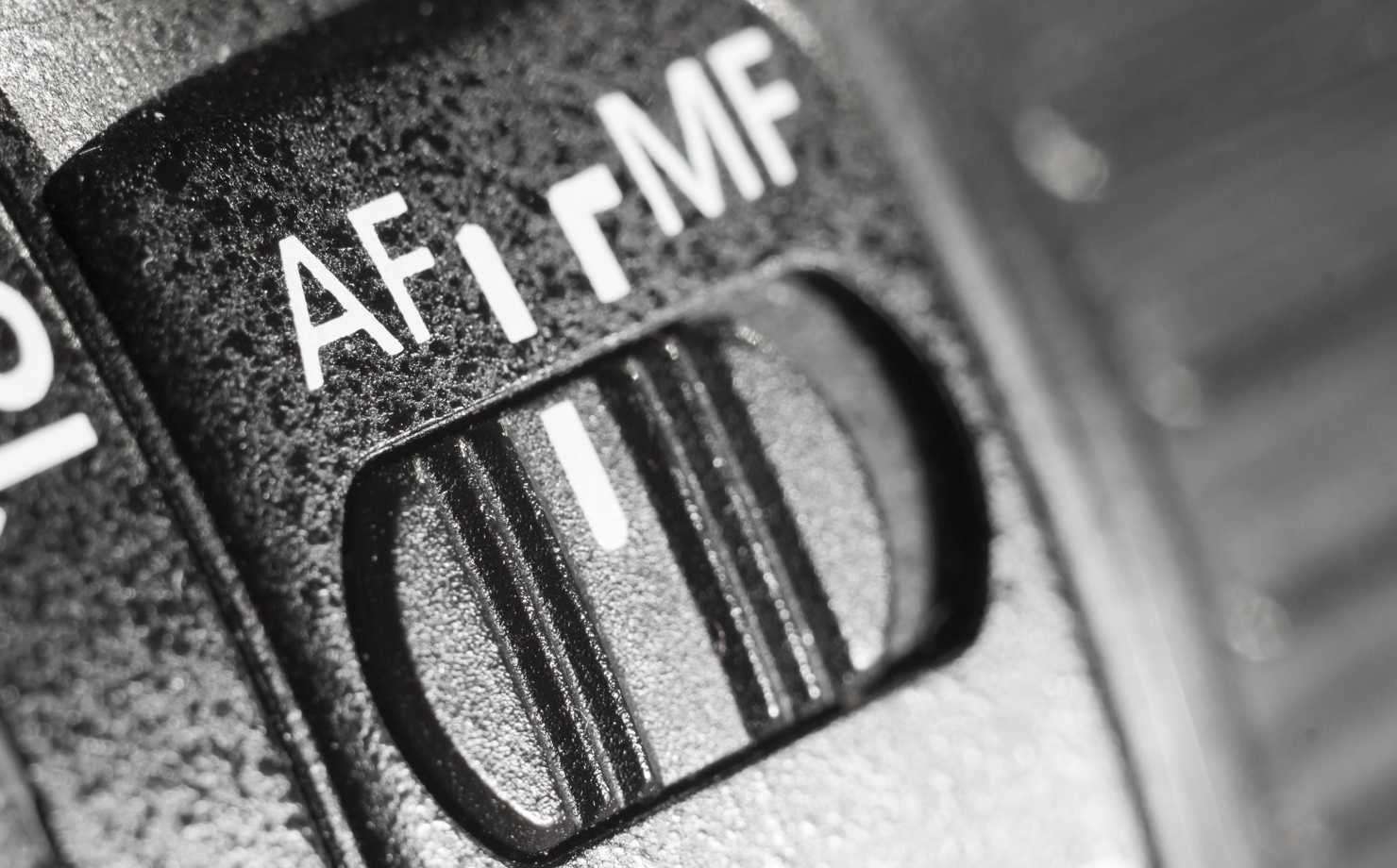
Autofocus
This feature will adjust the camera lens for you to get your subject in focus. The number of AF points tell you how many reference points the camera uses to decide what should be in focus. The more expensive the camera, the more points it has - around 9 is a good number for beginners.
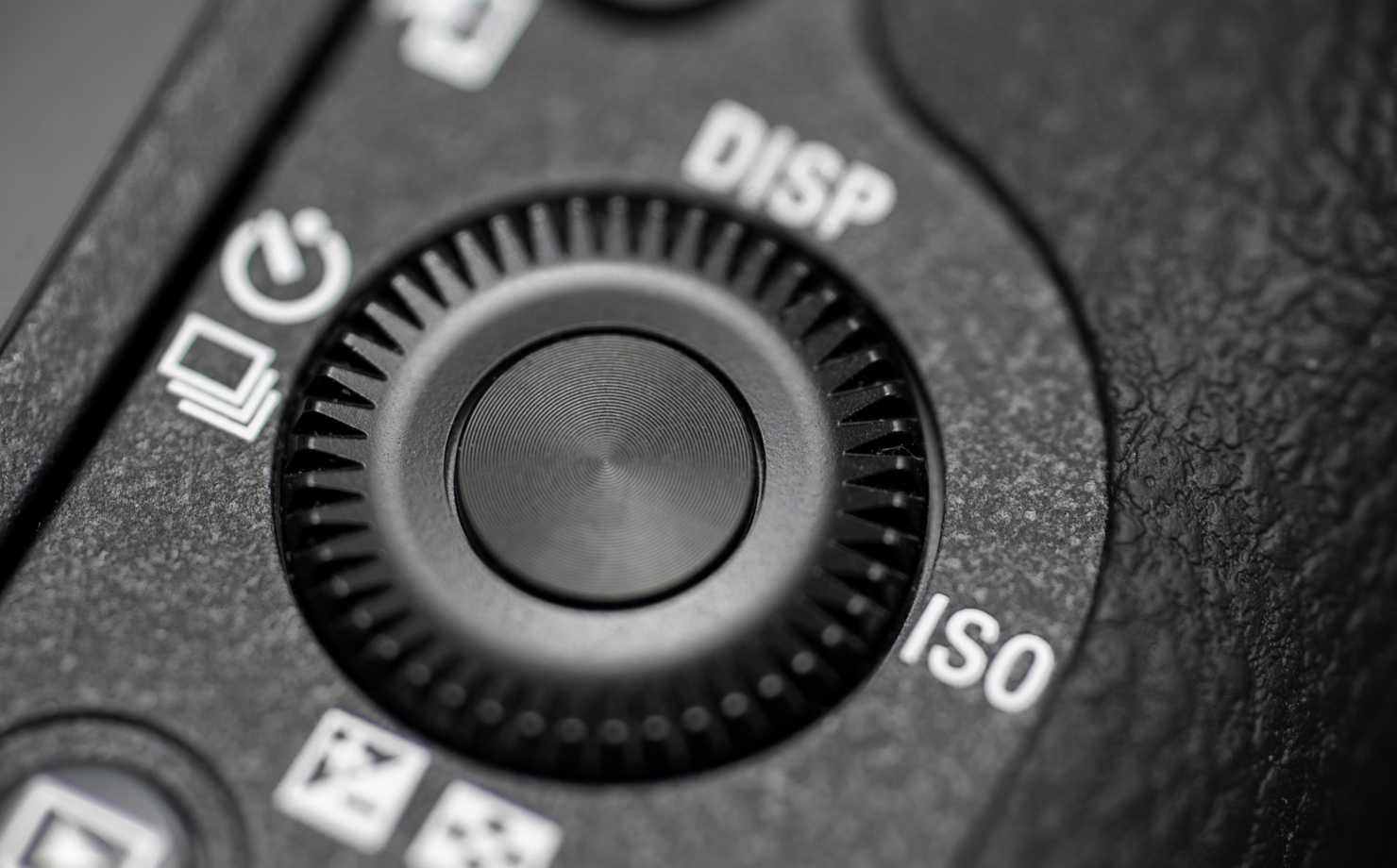
ISO
This is how you can adjust your camera sensor's sensitivity to light - higher settings will brighten your image if you're shooting in darker settings - but as you increase the ISO there may be more noise in your shots. Your camera should have an ISO range that lets you adapt the setting.
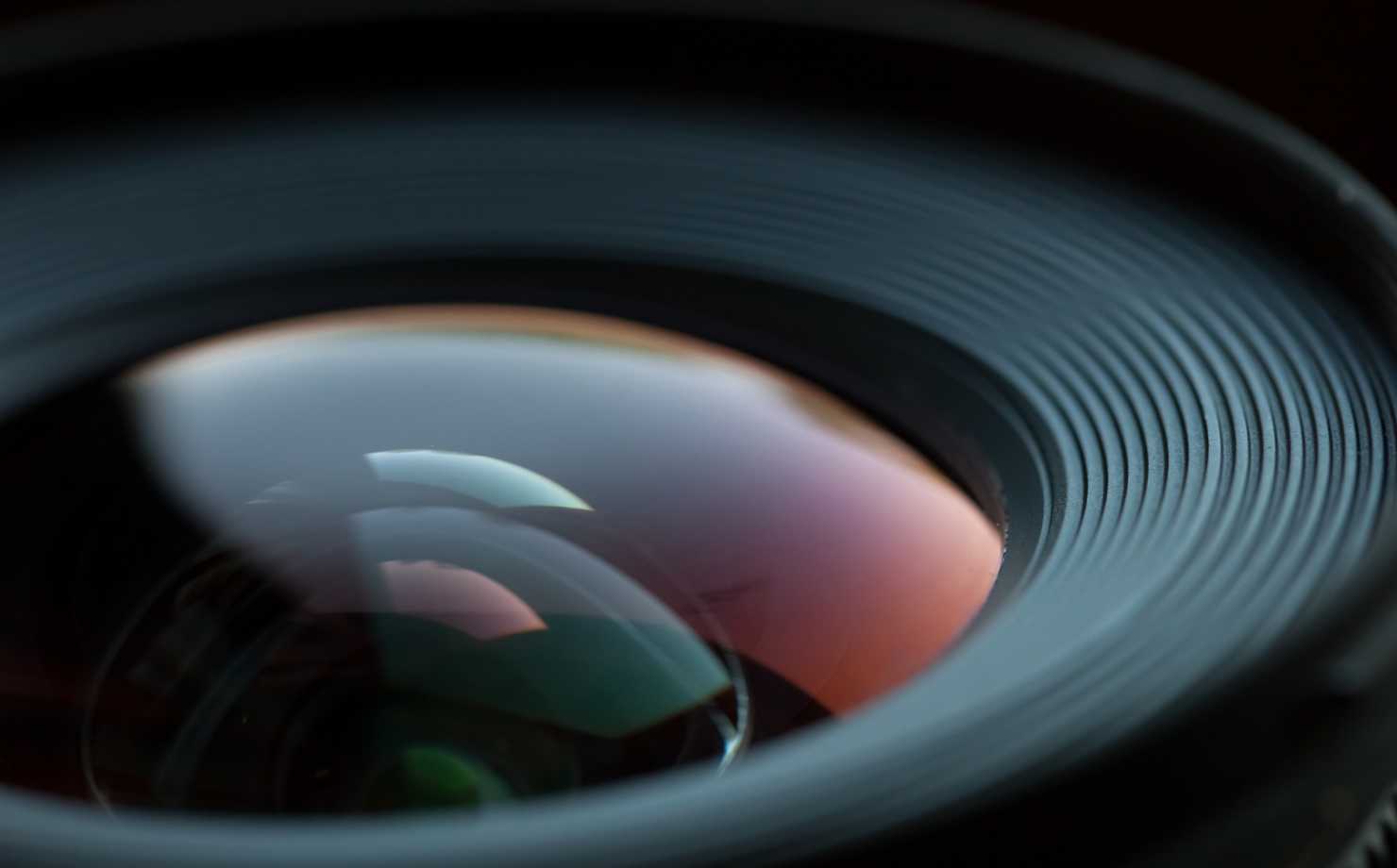
Digital/optical zoom
This is how you get closer to far-away objects. Digital zoom is achieved by your camera enlarging and cropping the shot - in the same way an editing program would. Optical zoom gives you better images, as it's achieved by your camera lens.
Taking a great photo
There are 3 key factors to consider that’ll help the performance of your camera and capture that perfect shot. Our Canon expert provides a quick guide on each of these...
ISO
Understand how you can use the ISO to make your camera more sensitive to light. Learning when it’s best to lower or increase the ISO.
Aperture
Discover how to correctly adjust your aperture, adapt the amount of light being captured and how to blur your backgrounds, creating cool effects.
Shutter speed
Learn how to brighten or darken an image using your shutter speed. Want to capture a moving object? Our Canon expert can show you how.

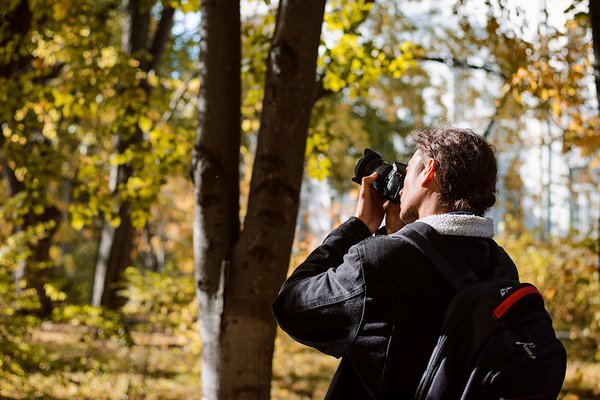&poi={$this.metadata.pointOfInterest.x},{$this.metadata.pointOfInterest.y},{$this.metadata.pointOfInterest.w},{$this.metadata.pointOfInterest.h}&scaleFit={($this.metadata.pointOfInterest.x>0)?$sfpoi:$sfcenter}&sm=aspect&aspect=3:2&sfcenter=center&sfpoi=poi&qlt=50&fmt=auto&noiser=0&fmt.jpeg.interlaced=true&fmt.jp2.qlt=40&)

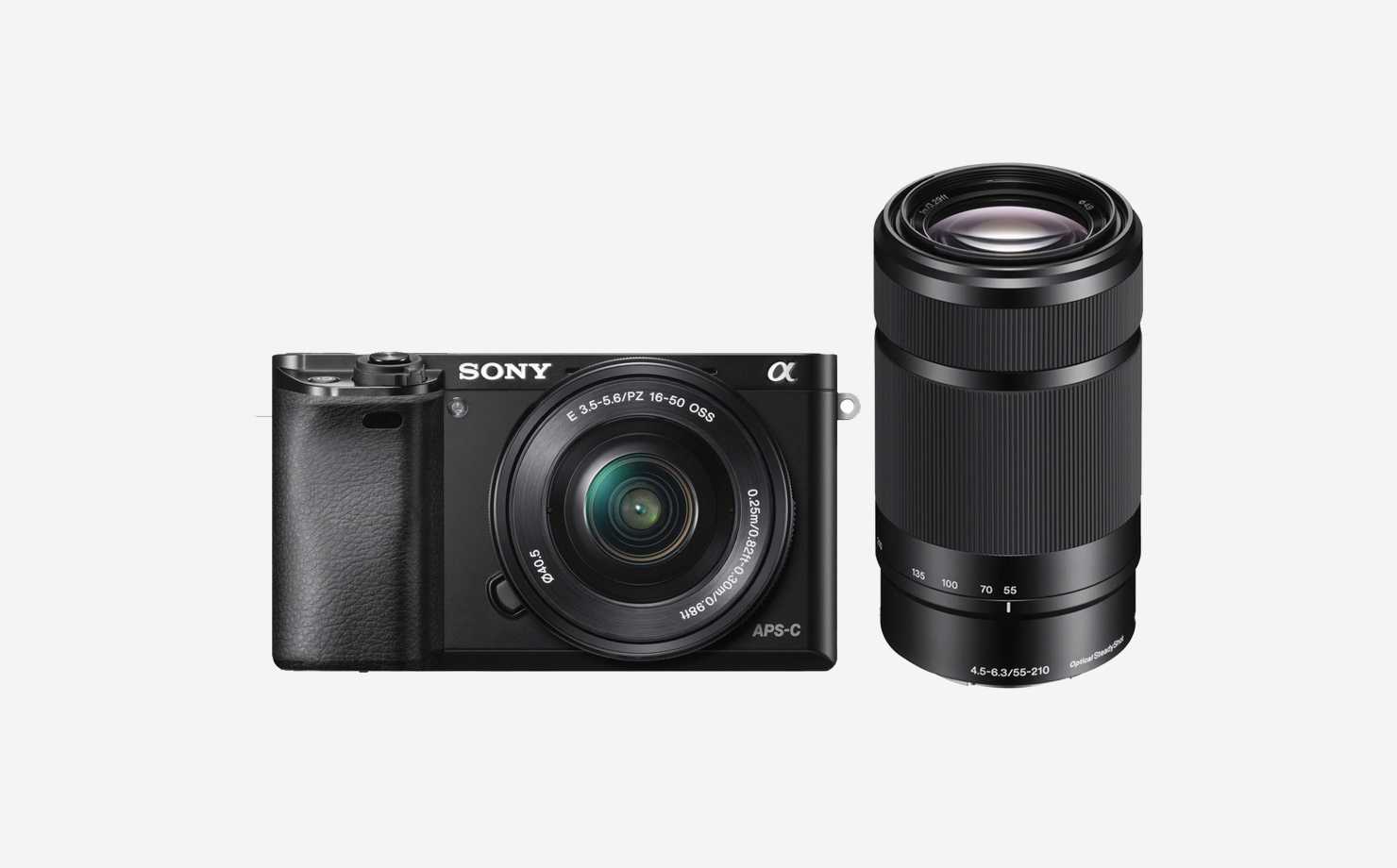
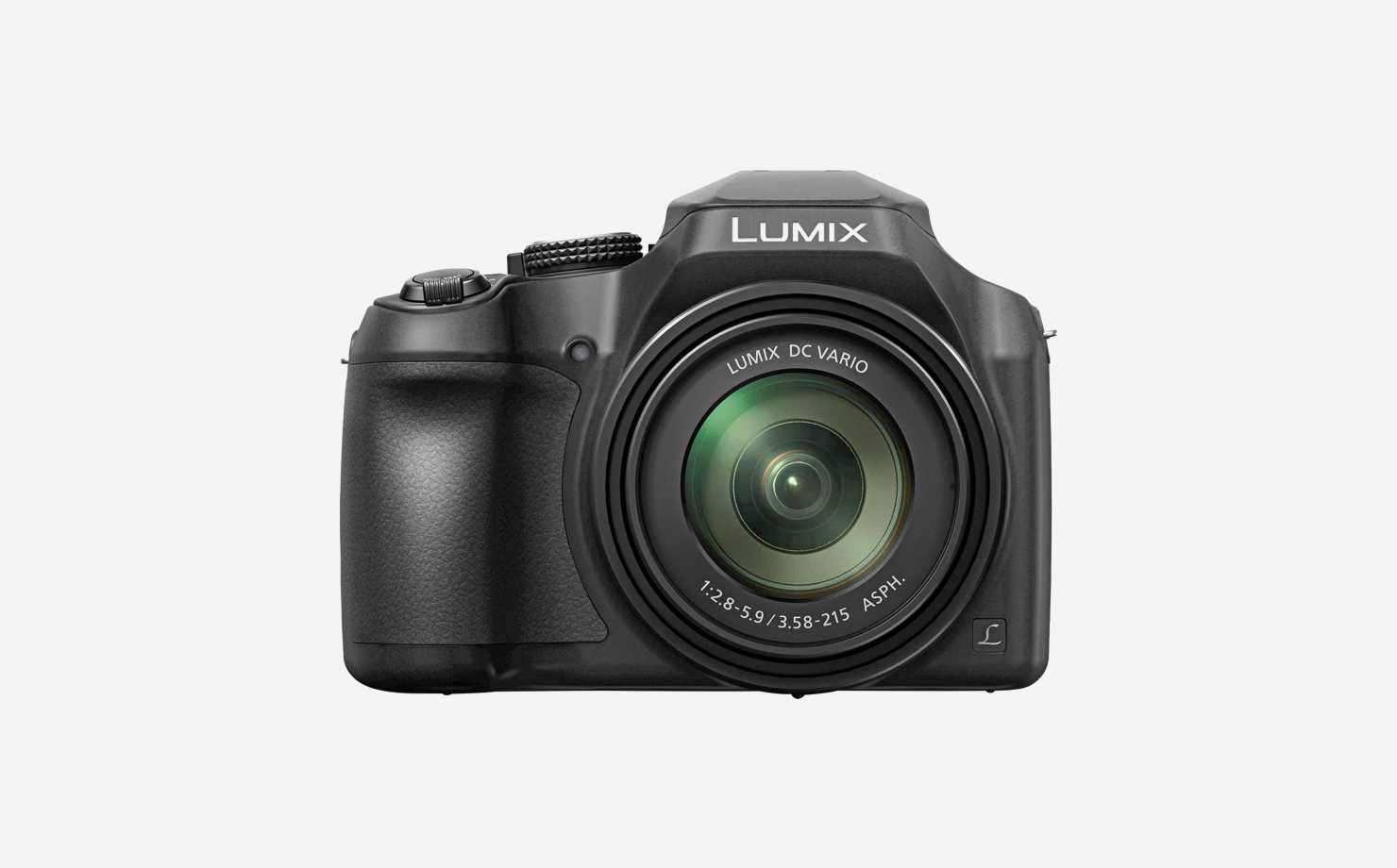
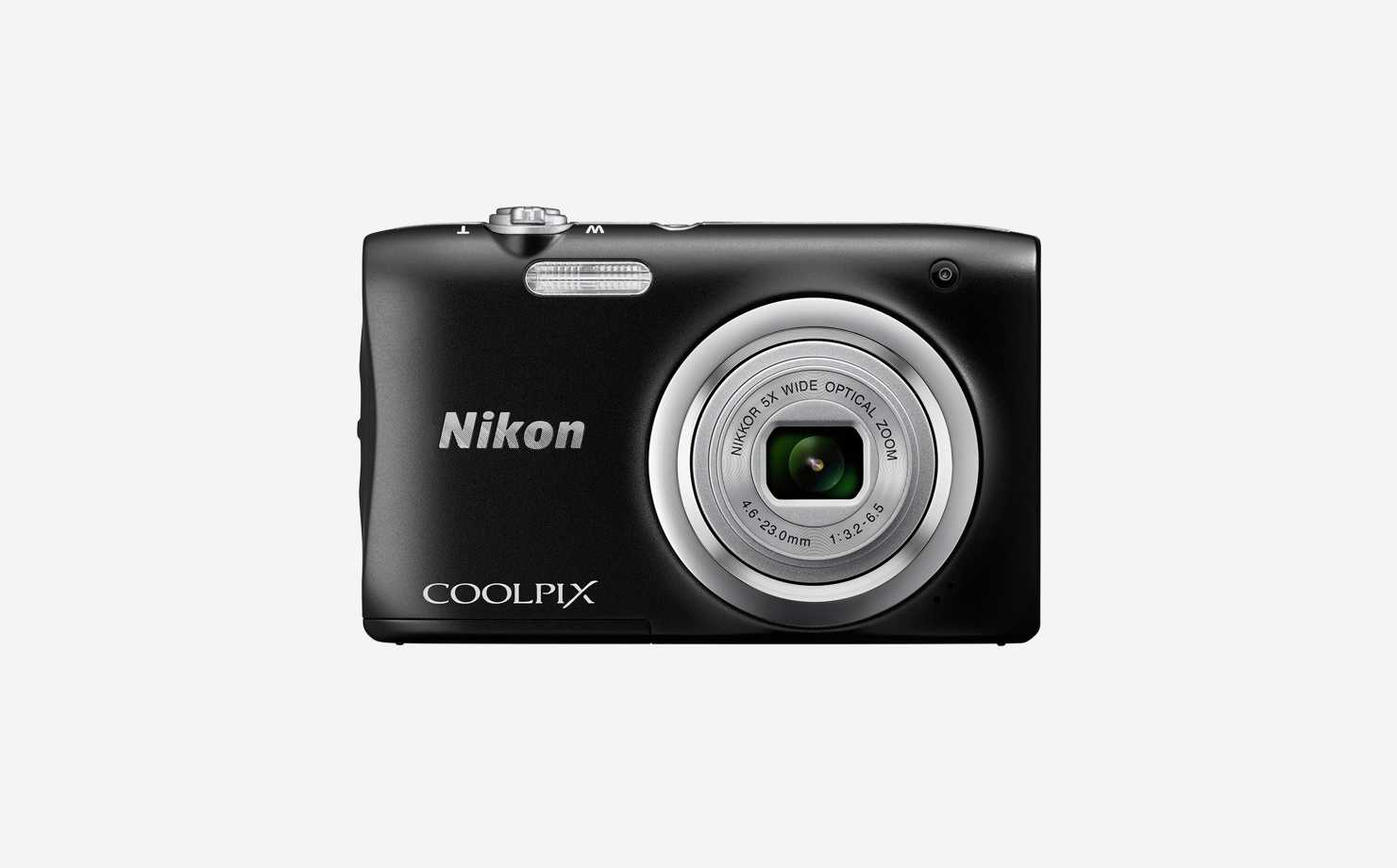

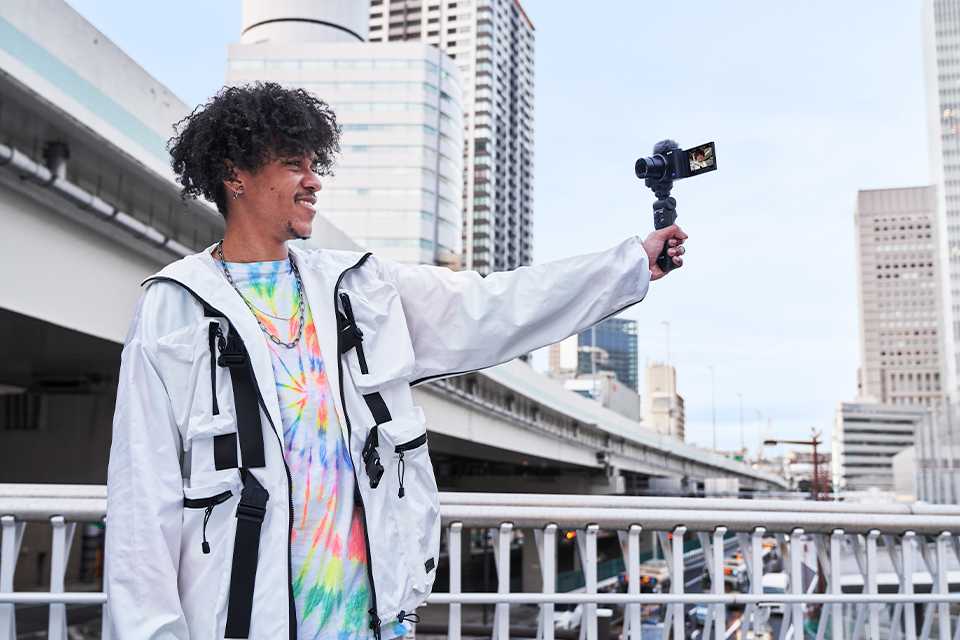
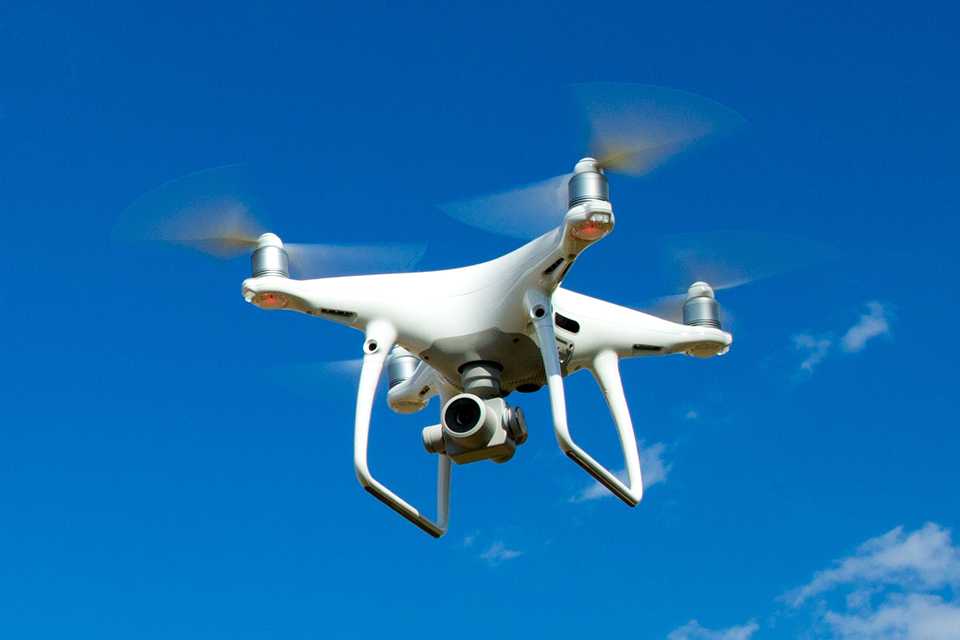
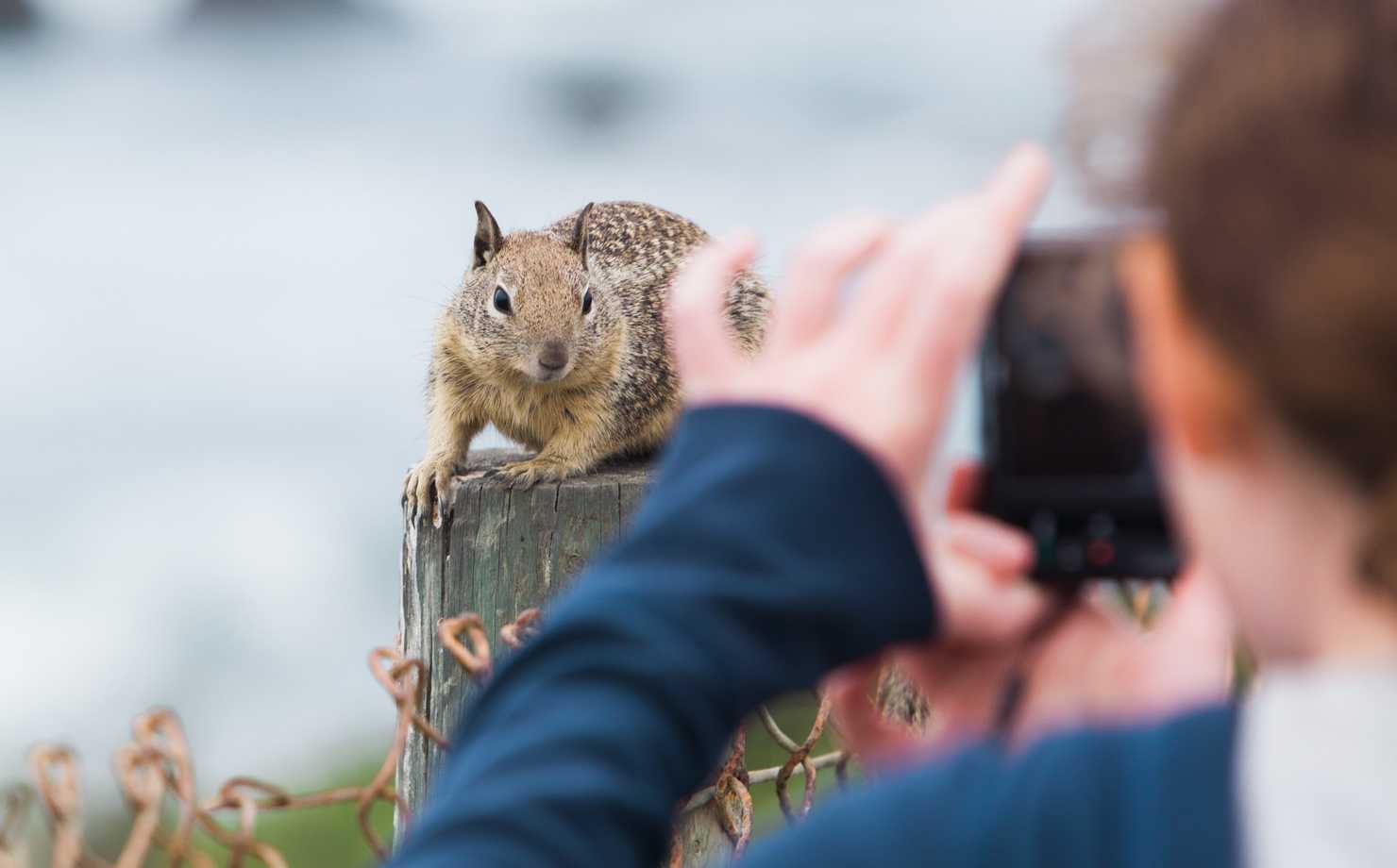
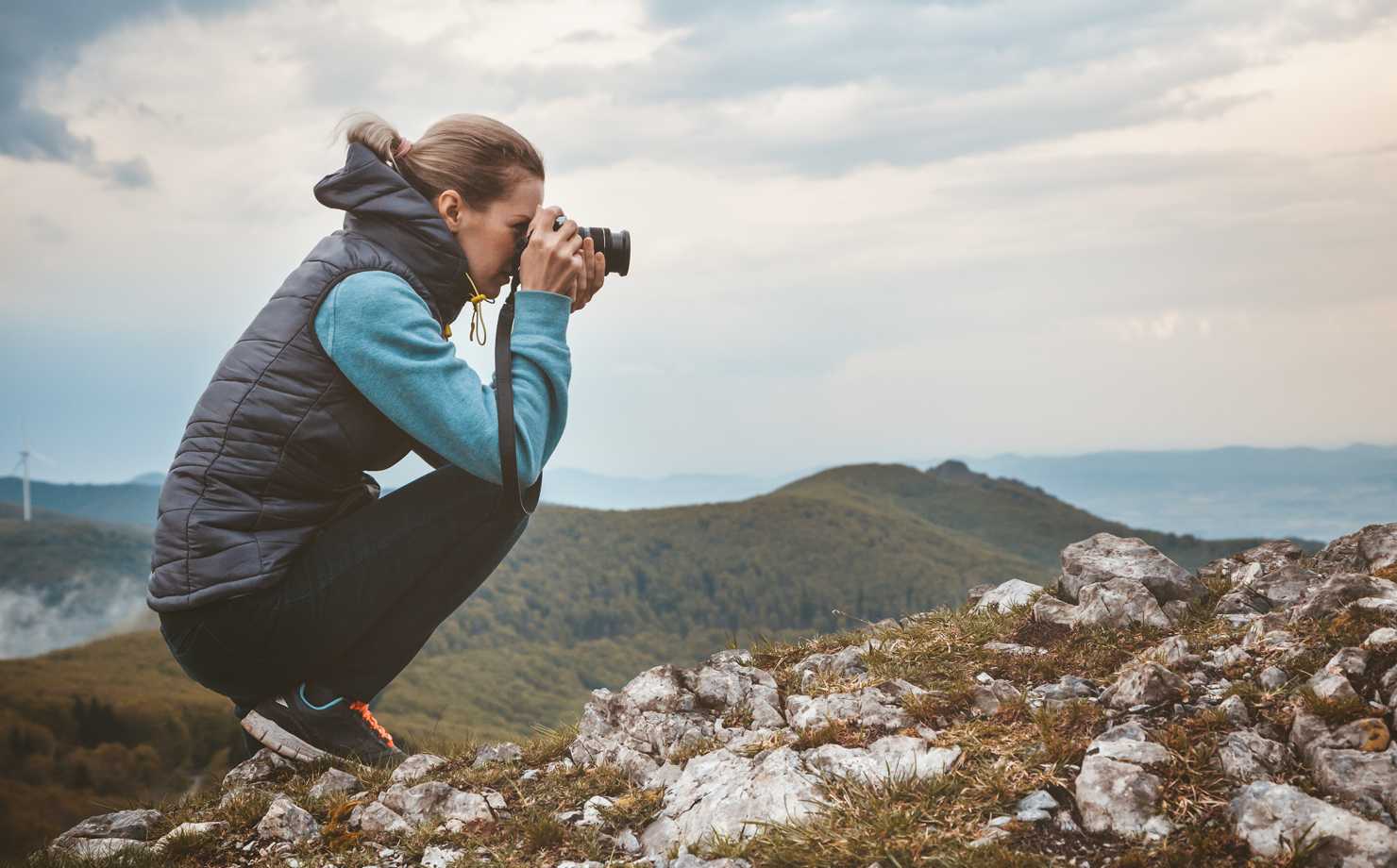
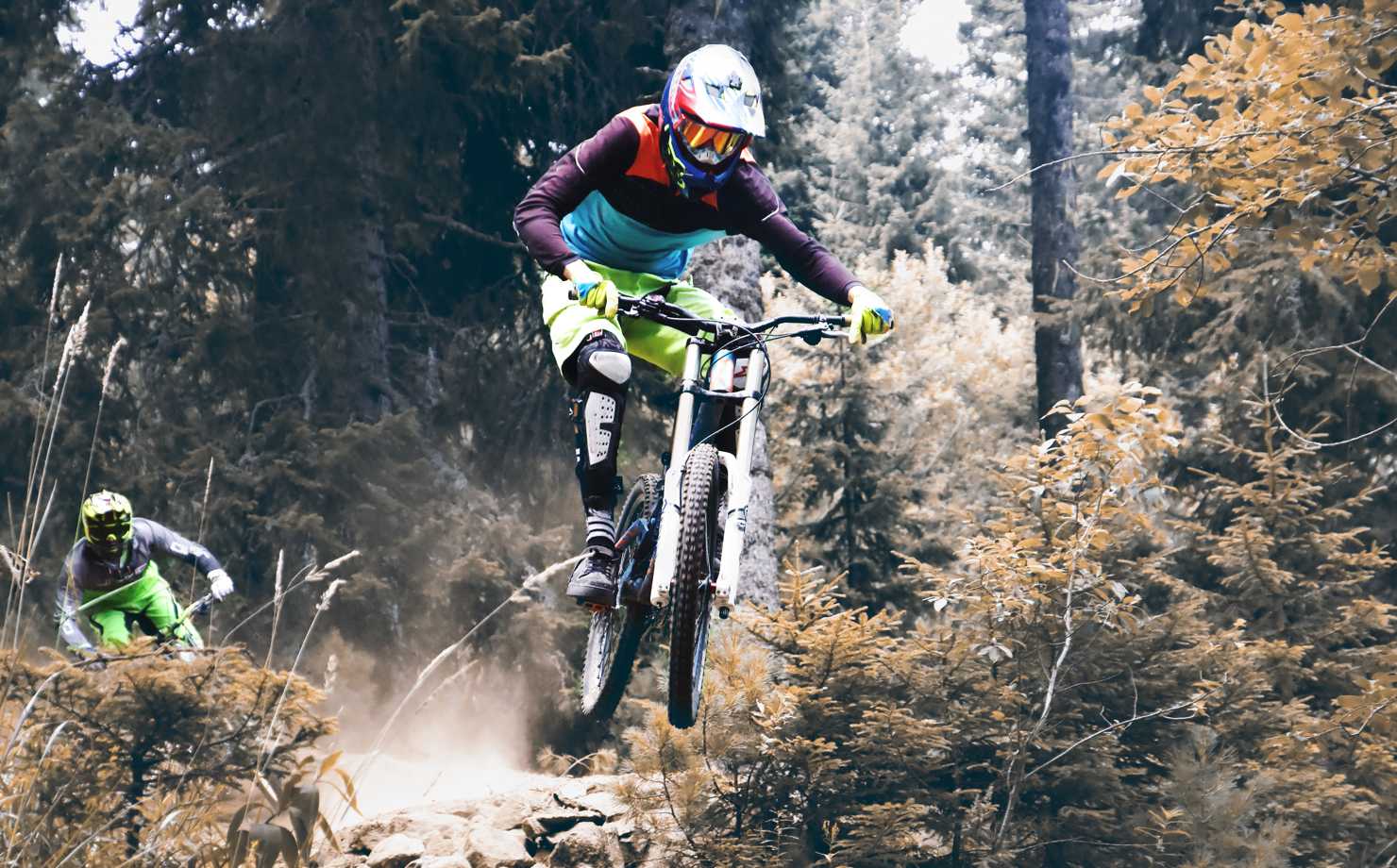
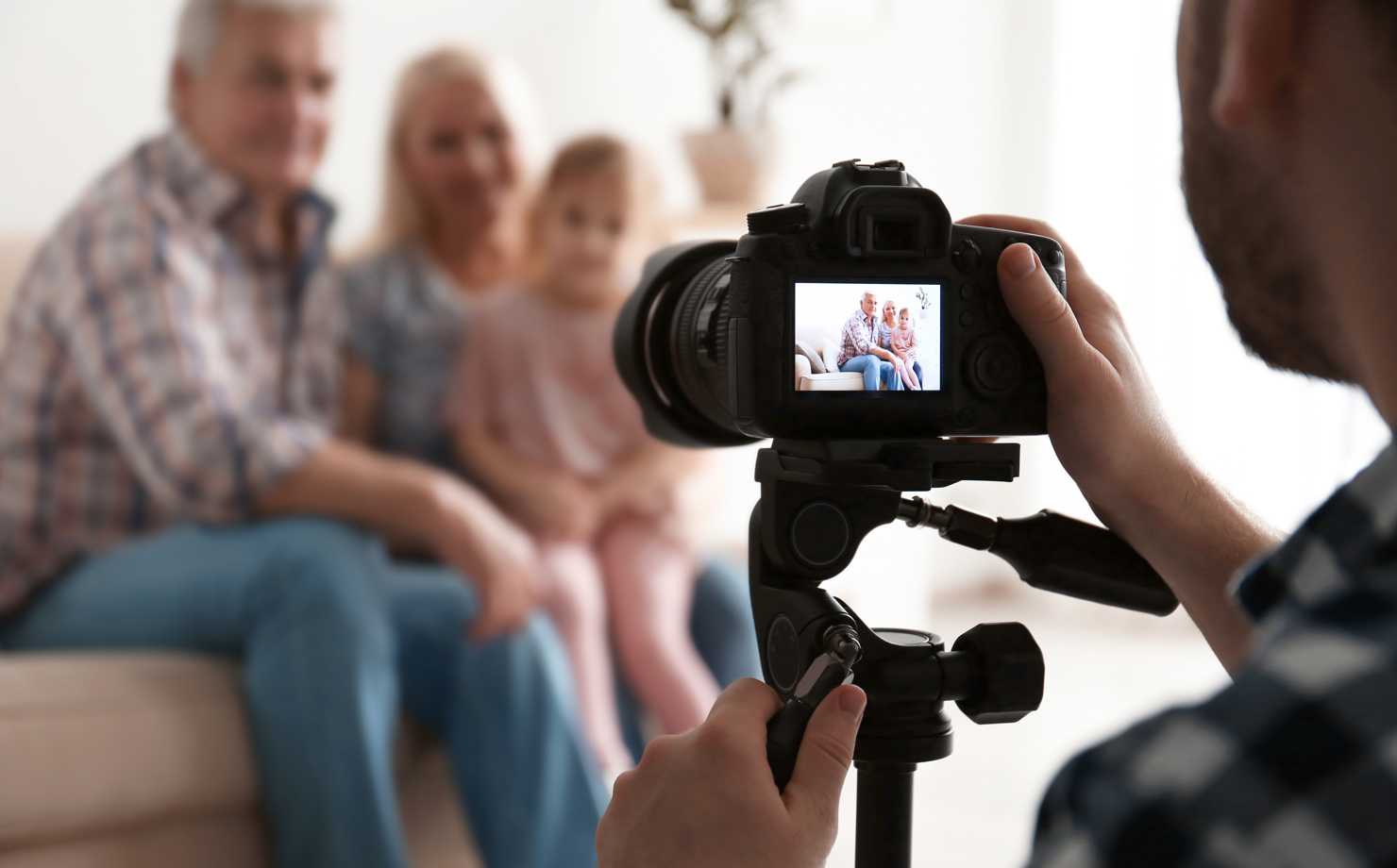
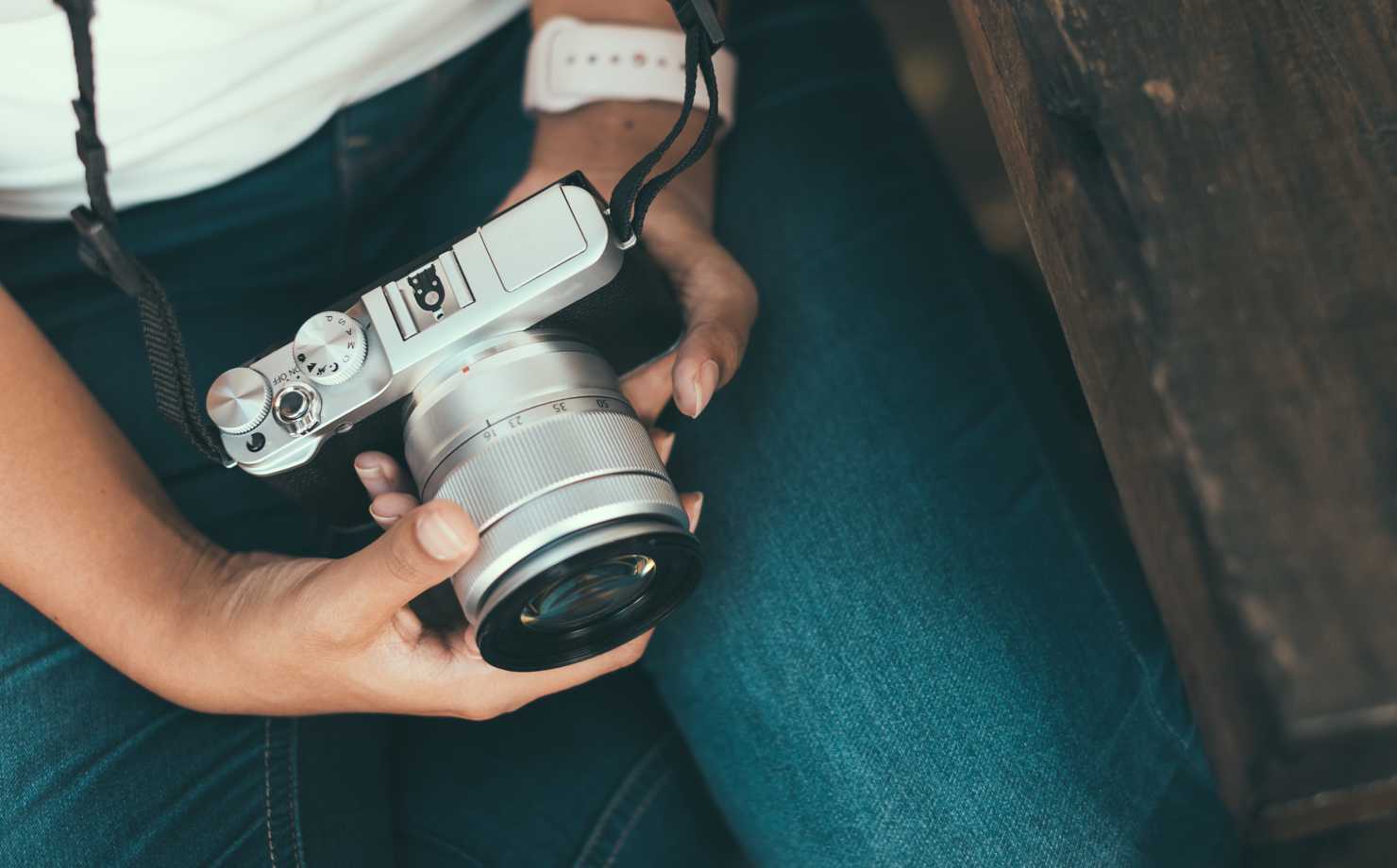
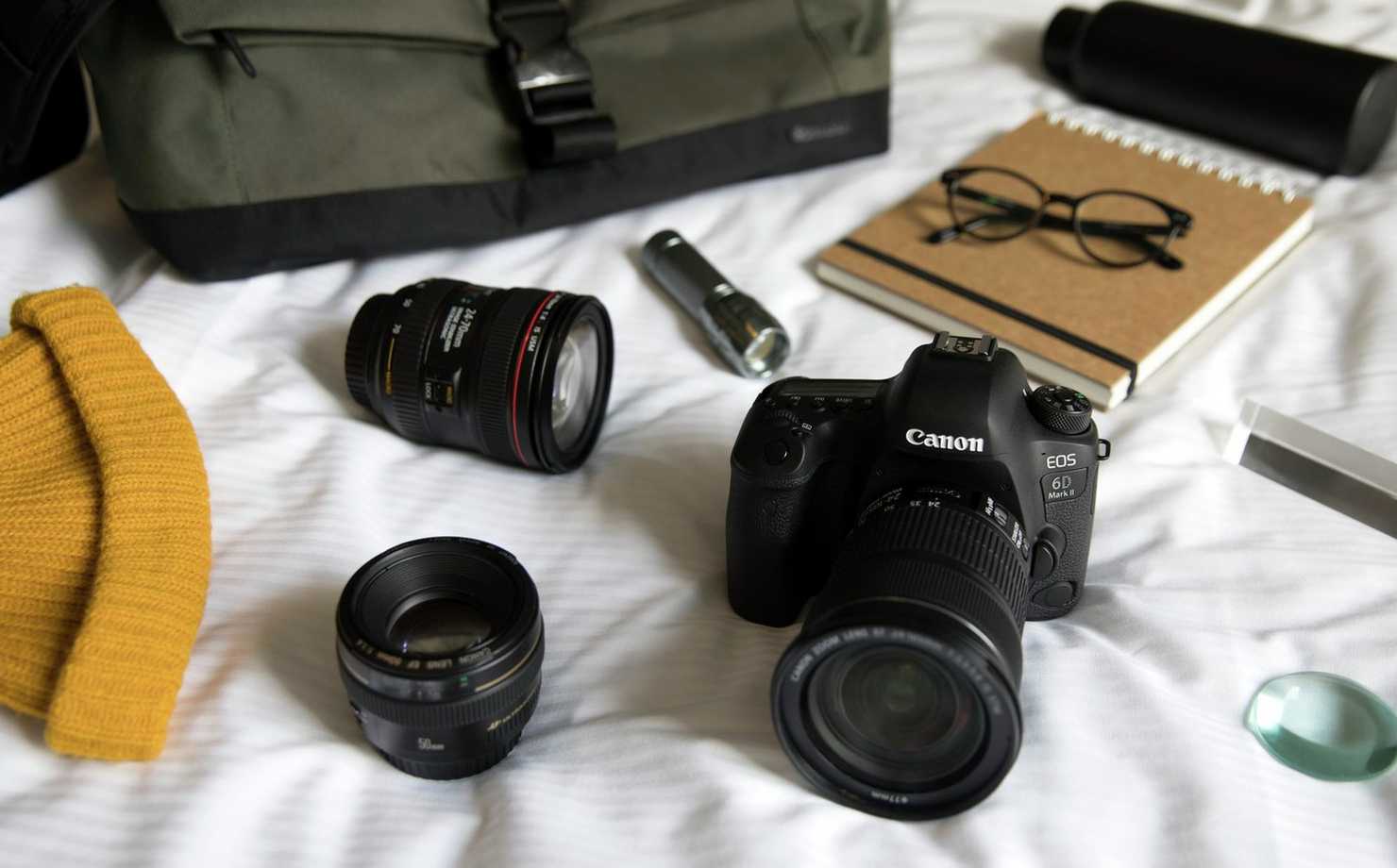
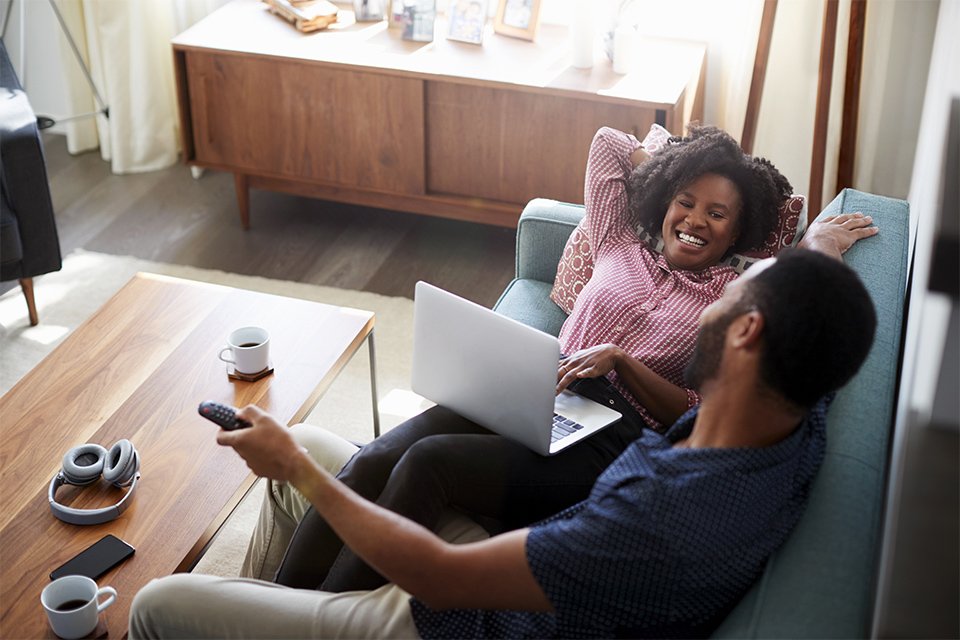?$sfpoi:$sfcenter}&sm=aspect&aspect=2:1&sfcenter=center&sfpoi=poi&qlt=50&fmt=auto&noiser=0&fmt.jpeg.interlaced=true&fmt.jp2.qlt=40&w=600&)
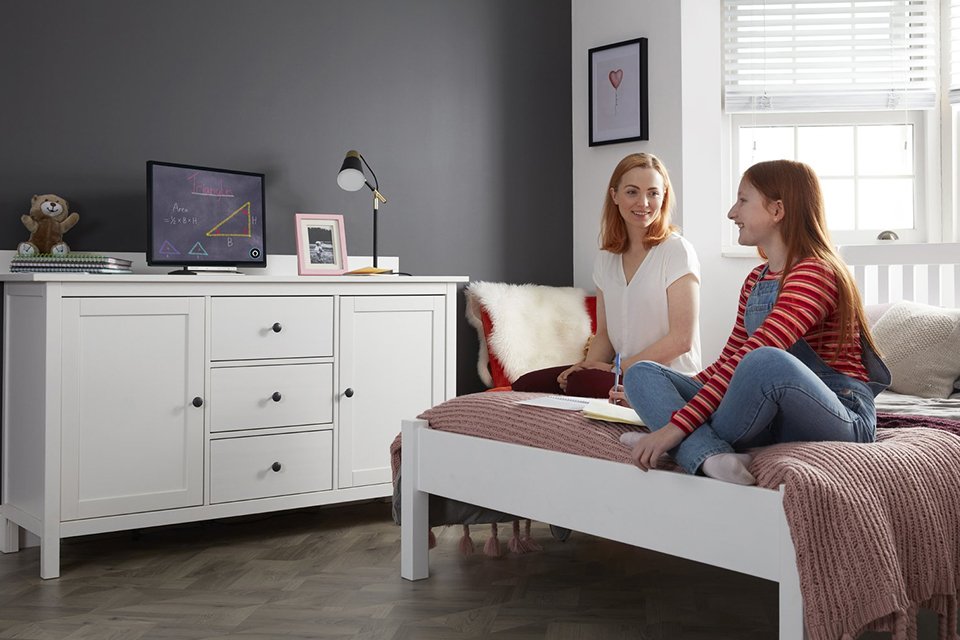?$sfpoi:$sfcenter}&sm=aspect&aspect=2:1&sfcenter=center&sfpoi=poi&qlt=50&fmt=auto&noiser=0&fmt.jpeg.interlaced=true&fmt.jp2.qlt=40&w=600&)
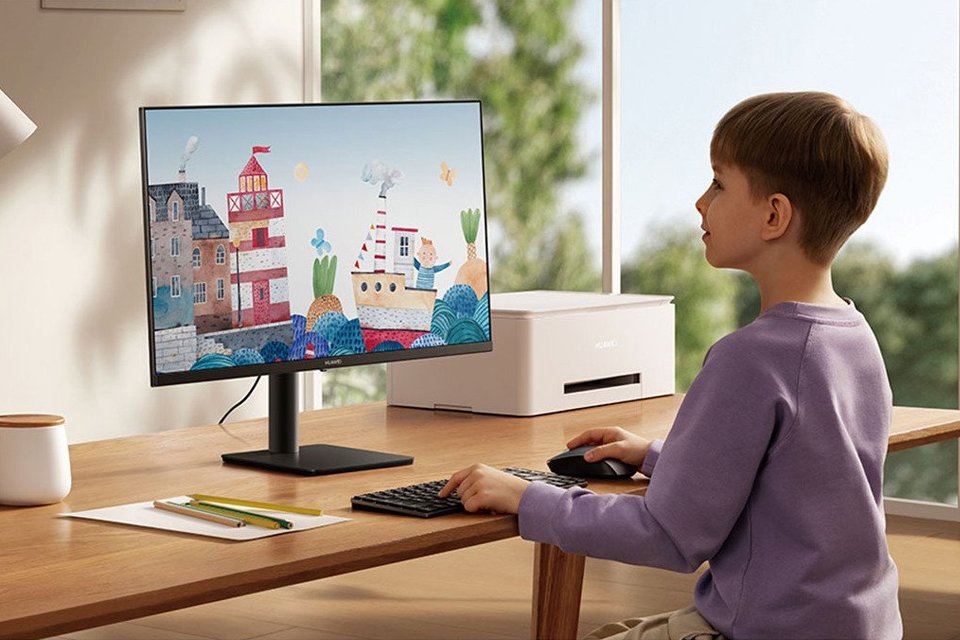?$sfpoi:$sfcenter}&sm=aspect&aspect=2:1&sfcenter=center&sfpoi=poi&qlt=50&fmt=auto&noiser=0&fmt.jpeg.interlaced=true&fmt.jp2.qlt=40&w=600&)